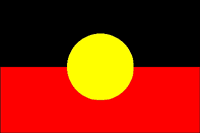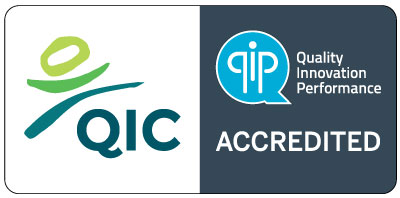If your child or young person has been acting differently lately, you may be wondering if it’s time to get some professional help such as counselling or therapy. For parents, this can be a confronting thought – does it mean something is wrong with your child?
The answer to that question is a resounding “no”. It’s important to know that many children experience challenging feelings such as grief, anxiety, and loss at one time or another. In fact, there are numerous reasons why a young person might benefit from counselling. Some of them are more common than you might think.
Changes in the family structure, including parental separations, are one of the main reasons for children to start counselling sessions. Young people can experience significant behavioral and emotional challenges as a result of these changes, particularly when there is a lot of conflict between parents. Sometimes counseling may even be required by the Family Court (or have been agreed to in mediation).
School can be another significant source of stress in childhood. A young person who is experiencing problems at school may be a good candidate for counselling. This could include challenges with schoolwork, friendships, or bullying. They may even be refusing to go to school all together.
Whatever the cause, if your child is showing signs of sadness, fear, worry and guilt for an extended period of time, it’s always a good idea to seek out professional support. A good place to start is always with your GP, a psychologist or child-focused counselling service.
What can I expect from counselling?
Supporting healthy emotional regulation, frustration tolerance, flexibility/adaptability, solving problems collaboratively and proactively, and helping them learn skills are the focus of counselling for children and young people. In a nutshell, this means helping them to identify their emotions and feelings, and then to develop coping skills and strategies for challenging situations.
Counselling sessions can be provided in a variety of formats. It all depends on what is right for the child, their developmental stage and the needs of the family. For example, for younger children, we may focus on play-based strategies or creative therapy. Talking therapies may be more appropriate for older participants.
We may see the young person one-on-one (with permission from parents) or with a parent present. There may be situations where it’s beneficial for the whole family to join the session.
The role of parents
Another key aspect of counselling for children is working with one or both parents to help you develop your own strategies and skills to support the child or young person. The key is being consistent and working together as supportive co-parents (if a separation has occurred).
Importantly, our counsellors will help you to develop your reflective parenting skills. This is a parenting style that asks you to become more aware of your own behaviour and how it might be influencing your child or young person. This, in turn, helps you to understand what your child is thinking and feeling, and what might be motivating them to behave in a certain way.
How can we help?
We provide counselling for children and young people aged 5-16 years, in the context of family support, through our Canberra office.
Sessions can be attended either individually, with a parent or as a family. It can help your child to clarify challenges or changes in your family, gain new perspectives and work towards positive changes. Please get in touch to enquire and find out more.





